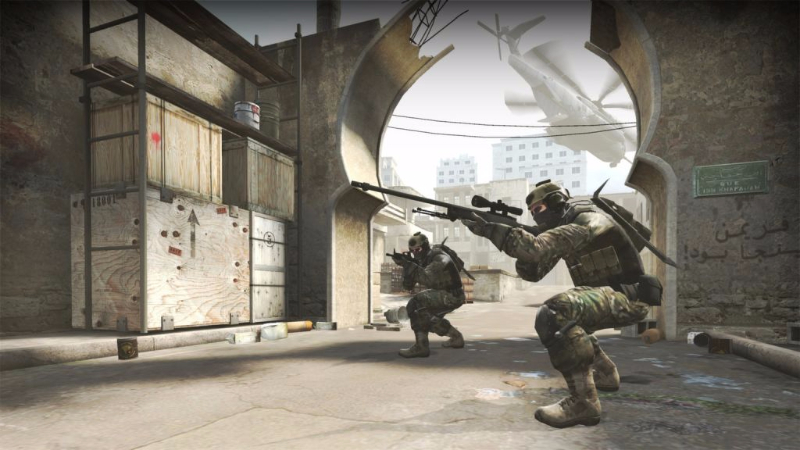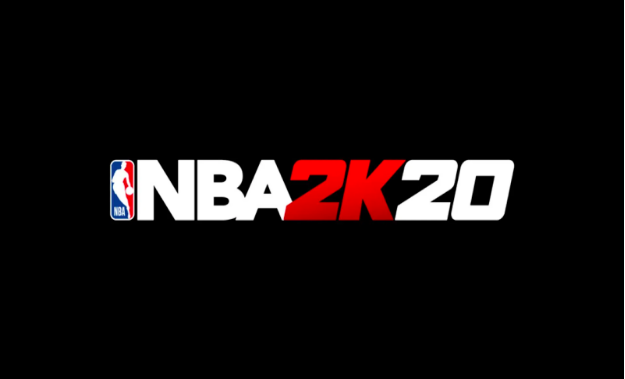By Anton Belosludtsev
The word that die-hard sports fans despise. It signals the rise of non-physical professional competition; where reaction time, perception, and mental power is considered above all else.
The main argument against E-sports starts with the name: Electronic-sports. To many, “sports” simply means competitive physical activity. Some even think that mental acuity should not be considered a part of a player’s skill. However, physical competition and competitive gaming are two very different things with some striking similarities.
Traditional sports are played on a grand scale and have origins in playful war gaming, or non-violent preparations for war. E-sports came from a competitive spirit that was explored in casual gaming, which came from the digitization of board games.
What skeptics do not understand is that the structure of both subjects are extremely similar. For example, if one team would play against another, a victor will be announced by a score that is determined by skill. Take Basketball and Major League Counter Strike: Global Offensive. The execution of this system will always be different, but the core structure will always be the same.
Some games take inspiration from actual sports, like the NBA 2K and Madden series. Of course, less physical exertion is needed
whereas different skills take their place, like higher mental capacity.
Story continues below advertisement
More and more companies have come to accept E-sports as professional competition. More countries are coming together to form gaming teams. MLG (Major League Gaming) keeps growing with more teams, games, and events coming to be as time goes on. Just like modern sports, these E-sports will eventually become an equal.













